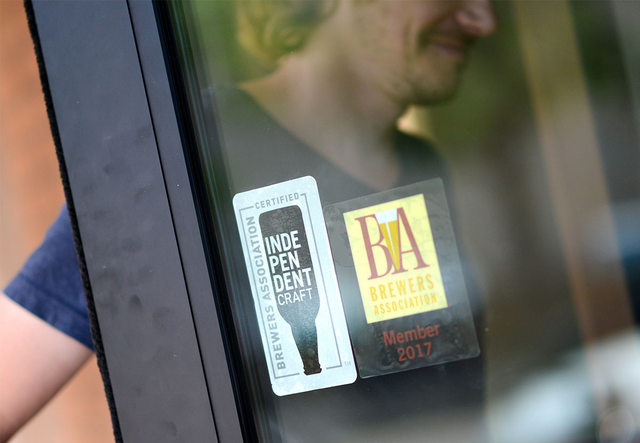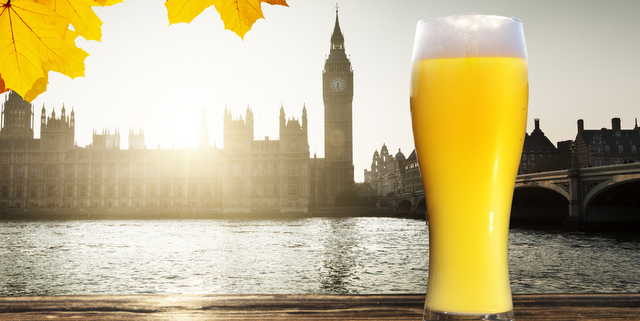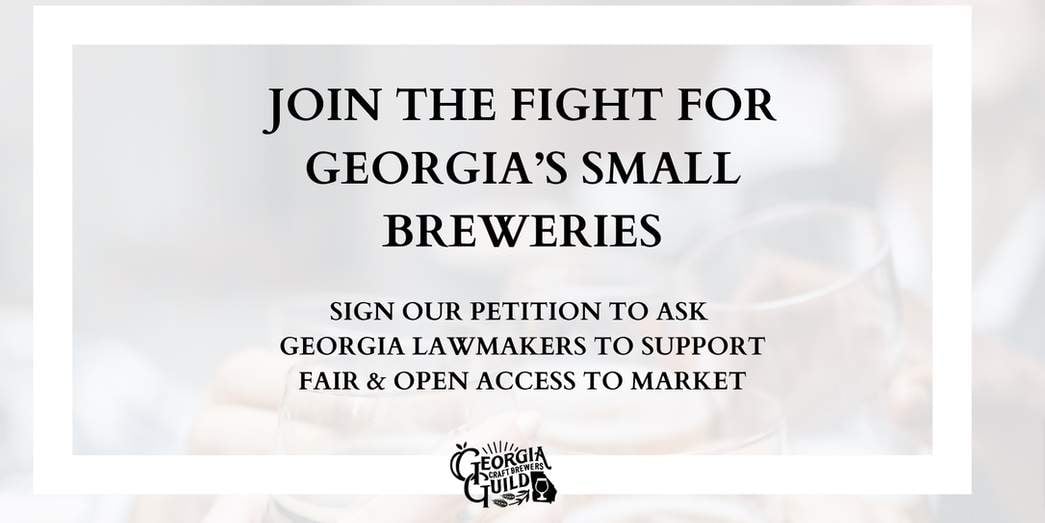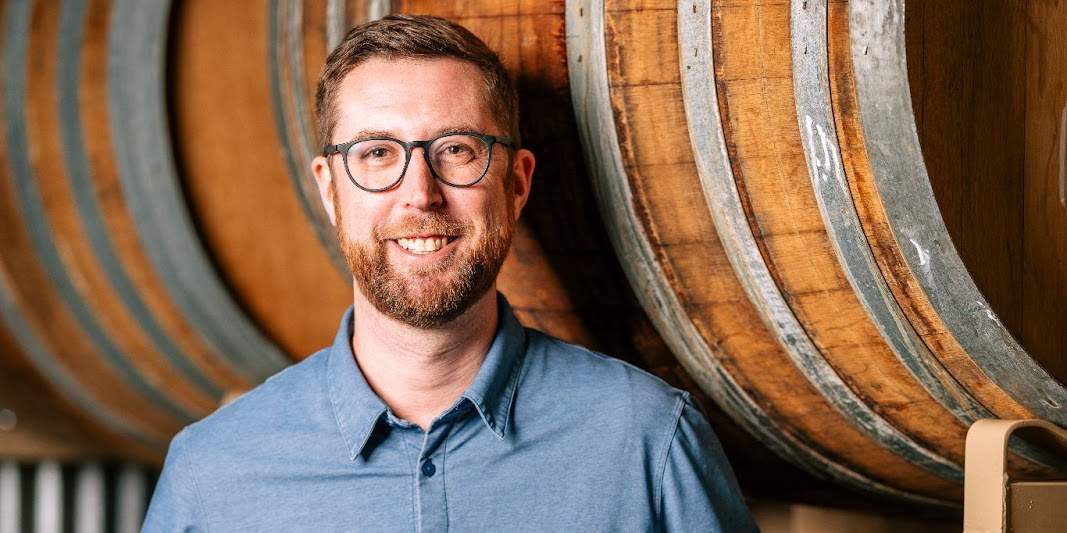
The last time the Brewers Association (BA) changed its definition of “craft beer,” was in 2014. Back then, the trade organization that represents craft brewers tackled a few areas, but the biggest was an amendment to its “Traditional” section. The BA decided it was time to recognize adjunct brewing as being traditional, meaning, finally, that the likes of D. G. Yuengling and Son and Straub Brewery (some of the oldest breweries in America) could be included, even though they used supposedly depreciated adjunct ingredients like corn or rice to brew.
The craft beer market continues to evolve, and the BA seems to feel its definition should change with it, according to a nice report from Chris Furnari and Justin Kendall on Brewbound yesterday. Apparently, the BA’s board of directors informed members of some proposed changes, which include another change to that Traditional section of the description — this time to include the growing number of beverages that are taxed as beer. According to Brewbound:
“What we learned from [a 1,000 BA member] survey is that nearly half of the membership is already brewing — and more than half would consider making in the future — products that fall outside the existing Brewers Association traditional tier, such as cider or mead or other products taxed as beer (hard seltzers/flavored sugar beverages/sake/alcoholic kombucha, etc.),” he wrote. “Nearly half surveyed said they would consider producing beers containing CBD or THC should the regulatory structure change federally around those potential products.”
For example, this would definitely benefit the likes of Boston Beer Co., which just posted its Q3 earnings report that showed its non-beer brands like Truly Spiked & Sparkling, Twisted Tea and Angry Orchard were only partially offsetting continued decreases in the Samuel Adams brand. If that trend continues (and it looks to), Boston Beer might fall out of the definition of craft. Here is the traditional portion of definition, highlighting that fact:
Tradition
A brewer that has a majority of its total beverage alcohol volume in beers whose flavors derive from traditional or innovative brewing ingredients and their fermentation. Flavored Malt Beverages (FMBs) are not considered beers.
We have to assume other beer-first breweries will continue to experiment with similar non-traditional craft beer formats to compete in a crowded marketplace that demands something new weekly. The BA announced some other news as well, and we suggest you fly over to Brewbound to read it all. Below is the BA’s entire current definition of craft beer, which has been altered three times since 2007.
CRAFT BREWER DEFINED
An American craft brewer is small, independent and traditional.Independent Craft Brewer Seal
Small
Annual production of 6 million barrels of beer or less (approximately 3 percent of U.S. annual sales). Beer production is attributed to a brewer according to the rules of alternating proprietorships.Independent
Less than 25 percent of the craft brewery is owned or controlled (or equivalent economic interest) by a beverage alcohol industry member which is not itself a craft brewer.Traditional
A brewer that has a majority of its total beverage alcohol volume in beers whose flavors derive from traditional or innovative brewing ingredients and their fermentation. Flavored Malt Beverages (FMBs) are not considered beers.





Vote vote vote says
@dzyngrl I’m a huge grassroots local beer fan and am a short drive from awesome products like… https://t.co/CHmOLLaAMX